Introduction:
AI is increasingly present in our daily lives, from virtual assistants to advanced analytics in businesses. As AI capabilities continue to grow, many are concerned that machines will replace human workers. But the reality may be more complex. Instead of replacing jobs, AI could redefine them.
1. AI and Automation:
- AI-driven automation has the potential to eliminate repetitive and manual tasks across industries like manufacturing, logistics, and customer service.
- Routine tasks like data entry, scheduling, and inventory management are being automated, allowing employees to focus on more strategic roles.
2. AI Creating New Job Opportunities:
- While AI may replace certain jobs, it will also create new ones. Roles in AI development, data science, and machine learning engineering are already in high demand.
- In sectors like healthcare, education, and technology, AI can help enhance human decision-making, leading to the creation of roles that didn’t exist before.
3. Human-AI Collaboration:
- The future of work may involve a closer collaboration between humans and AI, with machines performing tasks that complement human skills.
- For example, AI can process large amounts of data, but humans will still be needed for creative problem-solving, critical thinking, and emotional intelligence.
4. The Need for Upskilling and Reskilling:
- As AI evolves, workers will need to adapt. Upskilling and reskilling will be essential for individuals to thrive in an AI-driven world.
- Companies and governments must invest in education and training programs to help workers transition to new roles and technologies.
Conclusion:
AI is not a threat to human jobs but rather an opportunity to reshape the future of work. By embracing AI and investing in human-AI collaboration, businesses and employees can unlock new possibilities and ensure a prosperous future.
